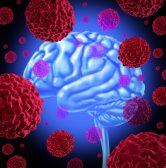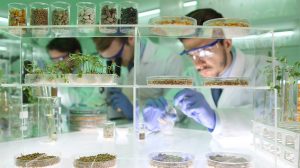Definition
noun
(1) The act, process, or condition of transuding, i.e. the oozing or passing gradually of a liquid possibly through a biological membrane, pore, or interstice
(2) The transuding liquid or the transudate itself
Supplement
Transudation may refer to the process or the act of transducing. The fluid oozes or passes gradually through a biological membrane, pore, or interstice. The fluid then accumulates in nearby tissues. The term may also be used to refer to the transuding liquid itself (i.e. transudate). The fluid that transudes is due to a disturbance in the hydrostatic pressure and colloidal osmotic pressure.
A distinction should be made between a transudate (or transudation) and an exudate (or exudation). Both of them are a fluid that escapes from the circulatory system. Nevertheless, they differ in certain aspects. For instance, a transudate has lower protein content than an exudate. It also has fewer cells than an exudate. Thus, the transudate is relatively clearer than an exudate. The specific gravity of a transudate is less than 1.020 whereas that of an exudate exceeds 1.020. A transudate is a result of disturbance in the venous and capillary pressures. In particular, transudation is associated with increased hydrostatic pressure or a decrease in colloidal osmotic pressure. Conversely, exudates are often associated with inflammation.
Word origin: Latin transūdāre trans– (across) + sūdāre (to sweat)
Compare:
- exudation
Related form(s):







